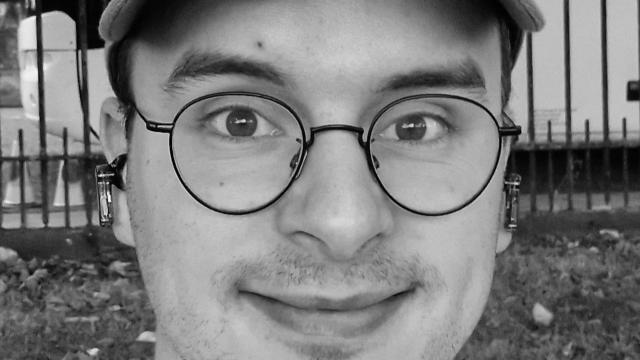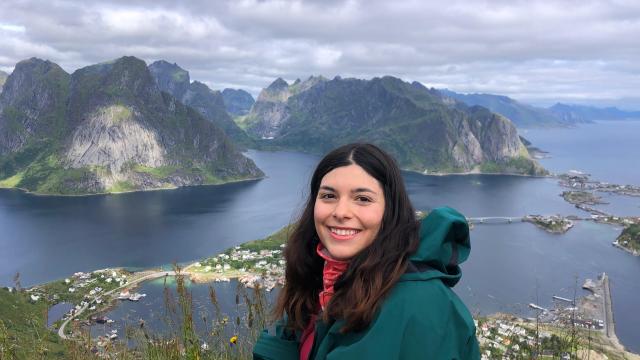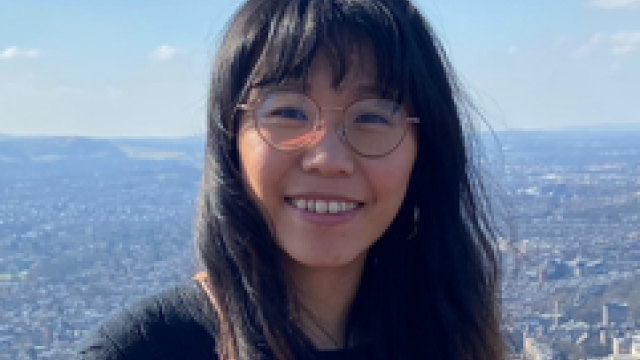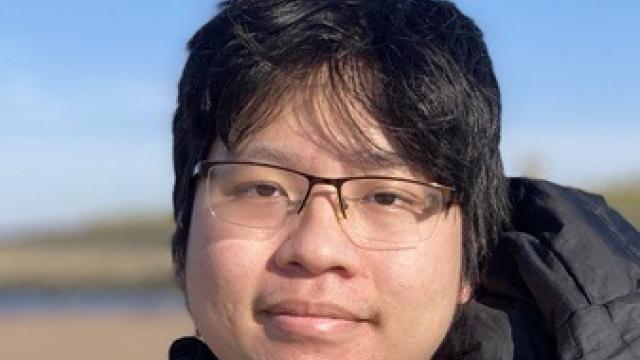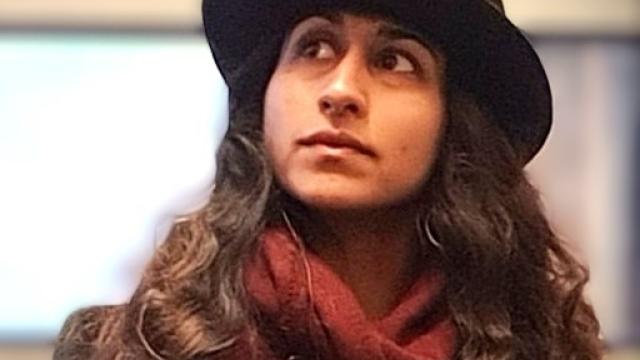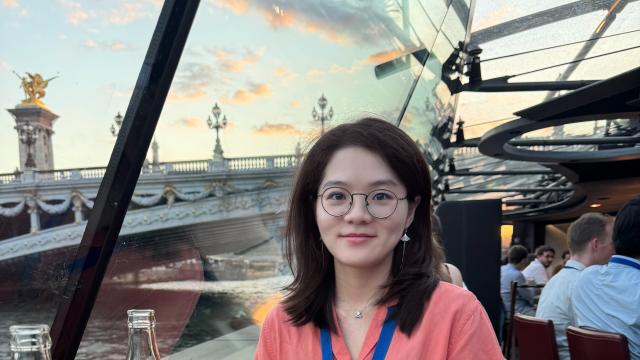Data Surgery
Are you using digital methods in your research and struggling to apply what you have learnt to your real-world data? Do you need some advice and support on how to efficiently adopt data-driven methods for your project? Book a spot at our Data Surgery!
Our Training Fellows are researchers with digital and data skills. During the one hour session, they are able to provide you with advice on how to process your data, how to troubleshoot issues or point you towards more information or training.

Our Training Fellows
Alex Crest
Alex Crest is a Training Fellow and PhD student in the School of History, Classics and Archaeology. His research focusses on the heritage values of Roman frontiers and explores complex developments of place - the historic environment and communities on a Roman Frontier. During this time, he has tutored in Classics and provided support to students across the college through his role as training fellow. Prior to starting his PhD, he worked as a Consultant at the Coalition for the Institute of Development Studies and Research Assistant at the University of Stirling.
Aybuke Atalay
Dr. Aybuke Atalay is based in the School of Social and Political Science. After completing her PhD in Politics, she worked as a Teaching Fellow at SPS, where she taught the Introduction to Political Data Analysis course. Her doctoral research examined social media manipulation, focusing on the role of social bots in the Turkish Twittersphere. Her current work employs experimental approaches and computational methods to study political communication online. She served as Research Coordinator of the Social Data Science Hub (2023–2024) and was the co-organiser of SICSS-Edinburgh 2023.
Brian Tsz Ho Wong
Brian Tsz Ho Wong is a PhD candidate (East Asian Studies) in the School of Literatures, Languages & Cultures. His research explores the networks of capital and power elites in the wartime Japanese Empire, and the use of private capital to fuel imperial ambitions. He is passionate about using digital tools (Gephi, QGIS and Google Earth) in his research. At CDCS, he is excited to teach and support the use of Gephi in humanities and interdisciplinary studies.
Chris Oldnall
Chris is a PhD mathematics researcher with the MAC-MIGS Centre of Doctoral Training, who is affiliated with the Institute of Genetics and Cancer. His work is interdisciplinary and involves combining causal inference with genomics. He loves teaching individuals on how to get the most out of ‘big data’ by using data analysis techniques appropriately and accurately, and most importantly how to implement these in Python and R.
Fang Jackson-Yang
Fang Jackson-Yang is based in the School of Philosophy, Psychology, and Language Sciences. Fang researches how people communicate prominent information in transitive events (e.g., “Jerry kicked the oil lamp”). She uses eye-tracking techniques to investigate when and how listeners make predictions of the endpoints of such events (e.g., the lamp fell on the floor). She also uses laboratory and digital corpus data to investigate how speakers use various sentence structures and other linguistic means to describe such events in different settings and what factors influence their choices.
Joy Lan
Joy is a PhD student at the Moray House School of Education and Sport, University of Edinburgh. Her study examines the role of non-profit organisations in shaping Taiwan’s educational policy and digital future, drawing on sociotechnical imaginaries and network governance as theoretical frameworks.
Her work with CDCS involves applying digital methods to social research, including text extraction using OCR, version control using git and GitHub, and the use of pre-trained large language models (LLM) for text analysis.
Ki Tong
Ki is a PhD candidate at the Advanced Care Research Centre studying ways to enhance greenspace accessibility for older adults. She is a landscape architect with professional experience delivering construction projects and landscape assessments. Besides an interest in using QGIS and ArcGIS for geospatial visualisation and analysis, she expanded her exploration with aggregating geospatial data and performing further analysis with R to study the correlation between environmental variables and urban density.
Martin Disley
Martin Disley is a practice-led design researcher based at the Institute for Design Informatics at the University of Edinburgh. His critical engineering studio practice blends artistic inquiry and investigative computing, producing outputs in software, film, installation, and text. His PhD research explores adversarial design and investigative aesthetics as Research through Design methods for explainability and interpretability of generative computer vision.
Prior to pursuing his PhD, he worked as a software developer for a music technology startup and as a research engineer at the University of Edinburgh.
Ponrawee Prasertsom
Ponrawee Prasertsom is a 4th year PhD student at the Centre for Language Evolution, PPLS. They use a range of quantitative methods from agent-based simulations to Bayesian statistics to experimentally and computationally study how commonalities across languages result from different pressures in learning and use. Ponrawee is also committed to promoting open research practices and increasing international access to research.
Rhys Davies
Rhys is based at the School of Health in Social Sciences.
Rhys is a psychologist researching adaptive behaviours and mental health in elite sports. His research makes use of statistical modelling with survey data, particularly investigating interactions to determine how context shapes the efficacy of “adaptive” behaviours. His preferred coding language is R, and he is passionate about using data visualisation techniques to communicate and simplify research findings.
Somya Iqbal
Somya is a systems thinker working across neuroscience, biology, data science, and the humanities to solve complex challenges in brain health and beyond. They lead analytical, user-led approaches to workflow design, integrating responsible AI, design thinking, and translational insight. Their cross-disciplinary portfolio spans research, teaching, and public engagement, with impact across clinical, academic, and societal domains.
Zongxiao Wu
Zongxiao Wu is a research fellow in corporate risk and machine learning in the Business School. Her research focuses on the measurement and management of financial risk, including credit risk modelling, natural language processing, and the application of large language models. Her preferred coding language is Python, and she is passionate about exploring the value of multimodal/alternative data in enhancing risk management processes.

